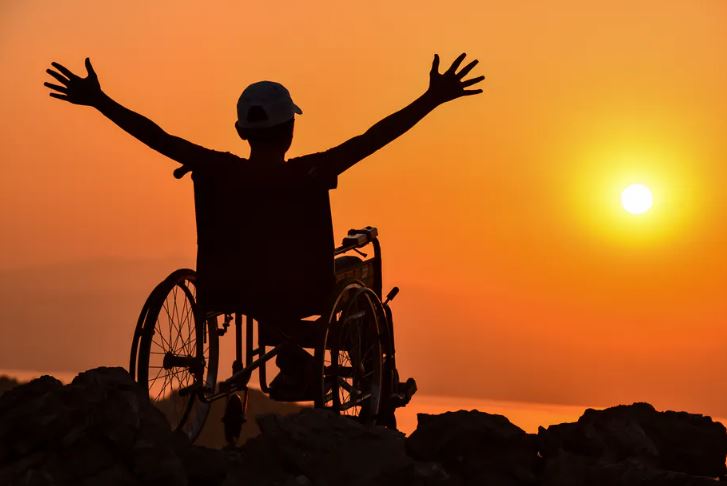There are people in our everyday lives who suffer from some type of disability. You can see them in most places, and sometimes, even in your own family circles. And I am not talking about the physical disability alone. It can also be about mental and emotional types of disability.

Unfortunately, our society has built up a lot of misconceptions that cause them to draw false conclusions about people with disabilities. One hugely important thing to come to terms with is that in the end, a person with any type of disability is really just the same as everyone else. They also crave normal interaction.
I know for sure since one of our family members has an impaired cognitive behavioral condition. Though he’s undergoing behavioral therapy to aid his incapacity, our support as a family also contributed a lot to helping him with his condition.
The good news is that there are some practical steps you can take to help the person with a disability, whether he’s a family member or a mere stranger. And that’s what I will share with you today.
Let’s see the common ways to help disable people…
5 Best Ways to Help People With Disabilities
1. Offer some help without offending them
People with disabilities obviously need help. But you have to understand that sometimes, they just want to do things by themselves. This gives them the hope that they can still achieve something. Still, you have to bear in mind that there are limitations of the things they can and can’t do.
It is important to show them the support they need and let them have things done by themselves. It can help them feel accomplished, which in turn would boost their self-confidence. But it is also important to look after their safety by offering some help in such a way that will not offend them. So don’t be afraid to ask if they need help. They will surely appreciate someone caring enough to ask.
2. Speak clearly and give them your listening attention
You may come across someone who has a hearing disability or another type of cognitive issue that makes it difficult for them to process what you are saying and hard for them to communicate their thoughts clearly back to you. If so, make sure you do not talk in a condescending tone. Use clear, simple, and understandable words. Also, convey concepts that are easy to grasp and not too complex to keep up with.
If the person you are helping has a speech impediment, give them as much time as they need to finish what they want to say. Do not try to rush them. This will make them feel their opinions matter and that they are given the ability to make their own decisions.
3. Remember that personal space applies to them as well
If you are with someone who has mobility issues or a mental disability, be sensitive enough to know that they need their own personal space just as much as you do. As I said earlier, there are things they want to do themselves. This may be as simple as navigating their wheelchair or medical scooter without asking for any help.
Giving them the space they need will give them that sense of confidence and respect. Still, make sure to always look after them and always be ready to give relevant support as the need arises.
Check Also: Employment Challenges Faced By People With Disabilities
4. Be a good example
This sounds like it has a deeper meaning than it does. You have to be sensitive enough with your actions and your choice of words to become a good role model for them. As much as possible, avoid the negativities that may influence them to think and perceive the same.
Just imagine if these people live in a community where support and positivity prevail. It will surely motivate them, make them see their worth, and feel empowered enough to do simple things that can make them feel accomplished.
5. Integrate them with the community
If possible, let people with disabilities participate in community activities. It can be activities as simple as gardening or as challenging as adapted sports specifically for the disabled. These activities will not only teach them how to be independent but will also lead them to a more active life.
Being deeply integrated with society or even in group involvements like music and art therapy will promote a more social and active lifestyle for them. This, in return, would positively affect their self-confidence, social ability, mood, and health in general.
This will also encourage them to be brave and will help them realize that they can learn to be independent and self-reliant at least in some if not all areas of life. Doing this helps them realize that they have a choice and they have some control over their own lives.
Check Also: How to Help Others? (13 Steps to Take)
Conclusion
People with disabilities are just like anyone else that we encounter. They want to live a normal life and feel important. So as a person who knows better and is able to do more, make sure to give all the support you can to lift up those individuals who need it the most. Help, encourage, and empower people who are going through something. The bottom line here is to generally be kind. This does not only pertain to people who have limited physical abilities but also to those who are battling with mental and emotional issues. If you get a chance to help people with disability, do not miss them. Help others and get a fulfilled life forever.



